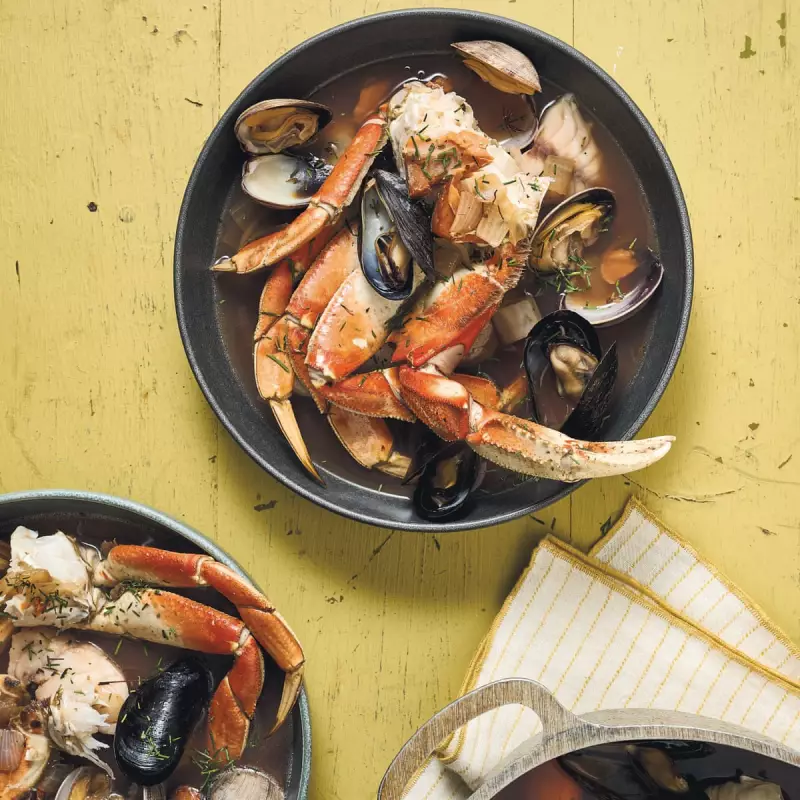
An Indigenous food revolution is quietly transforming culinary landscapes across North America, led by visionary chef Sean Sherman and his groundbreaking Turtle Island cookbook. This monumental work represents more than just recipes - it's a powerful reclamation of cultural heritage and culinary sovereignty that's capturing international attention.
The Indigenous Food Movement Gains Momentum
Sean Sherman, an Oglala Lakota chef known internationally as The Sioux Chef, has dedicated his career to revitalising Native American foodways. His latest project, The Turtle Island Cookbook, builds upon his James Beard Award-winning work and represents a significant milestone in the Indigenous food movement. Sherman's approach completely rejects colonial ingredients like wheat, dairy, and beef, instead focusing on what he terms "pre-colonial Indigenous food systems."
The cookbook takes its name from the term many Indigenous peoples use for North America, reflecting Sherman's commitment to authenticity. Published in November 2025, this comprehensive guide features over 200 recipes using ingredients native to the continent, including wild rice, corn, beans, squash, and various game meats and foraged foods.
Reclaiming Culinary Heritage and Sovereignty
Sherman's work extends far beyond the kitchen. Through his non-profit organisation, North American Traditional Indigenous Food Systems (NATIFS), he's establishing Indigenous Food Labs across the United States and Canada. These centres serve as educational hubs where community members can learn about traditional food preparation, preservation techniques, and agricultural practices.
The timing of Sherman's movement couldn't be more crucial. As climate change threatens global food systems, Indigenous knowledge about local, sustainable ingredients offers valuable solutions. Sherman emphasises that these food traditions have sustained communities for thousands of years and hold wisdom for creating more resilient food systems today.
What makes the Turtle Island Cookbook particularly significant is its accessibility. While celebrating sophisticated culinary techniques, Sherman ensures the recipes remain approachable for home cooks. From cedar-braised venison to three sisters salad and wild berry wojapi, the book demonstrates that Indigenous cuisine is both gourmet and deeply nourishing.
Transforming Restaurants and Home Cooking
The impact of Sherman's work is already visible in restaurant kitchens and home cooking across the continent. His Minneapolis restaurant, Owamni, has become a destination for food enthusiasts seeking authentic Indigenous dining experiences. The establishment's success has inspired a new generation of Indigenous chefs to explore and celebrate their culinary heritage.
Sherman's philosophy extends to addressing contemporary issues like food deserts in Indigenous communities. By promoting traditional foods that can be locally sourced, his approach offers a path toward food sovereignty and improved health outcomes. The cookbook includes guidance on identifying and harvesting wild foods, making it a practical resource for those looking to connect with their local environment.
As Sherman continues his mission, the Turtle Island Cookbook stands as both a practical guide and a symbolic achievement. It represents a growing movement of Indigenous people reclaiming their food traditions and sharing them with the world. For culinary enthusiasts, environmental advocates, and anyone interested in food history, this work offers a unique window into North America's original cuisine and its vibrant future.






